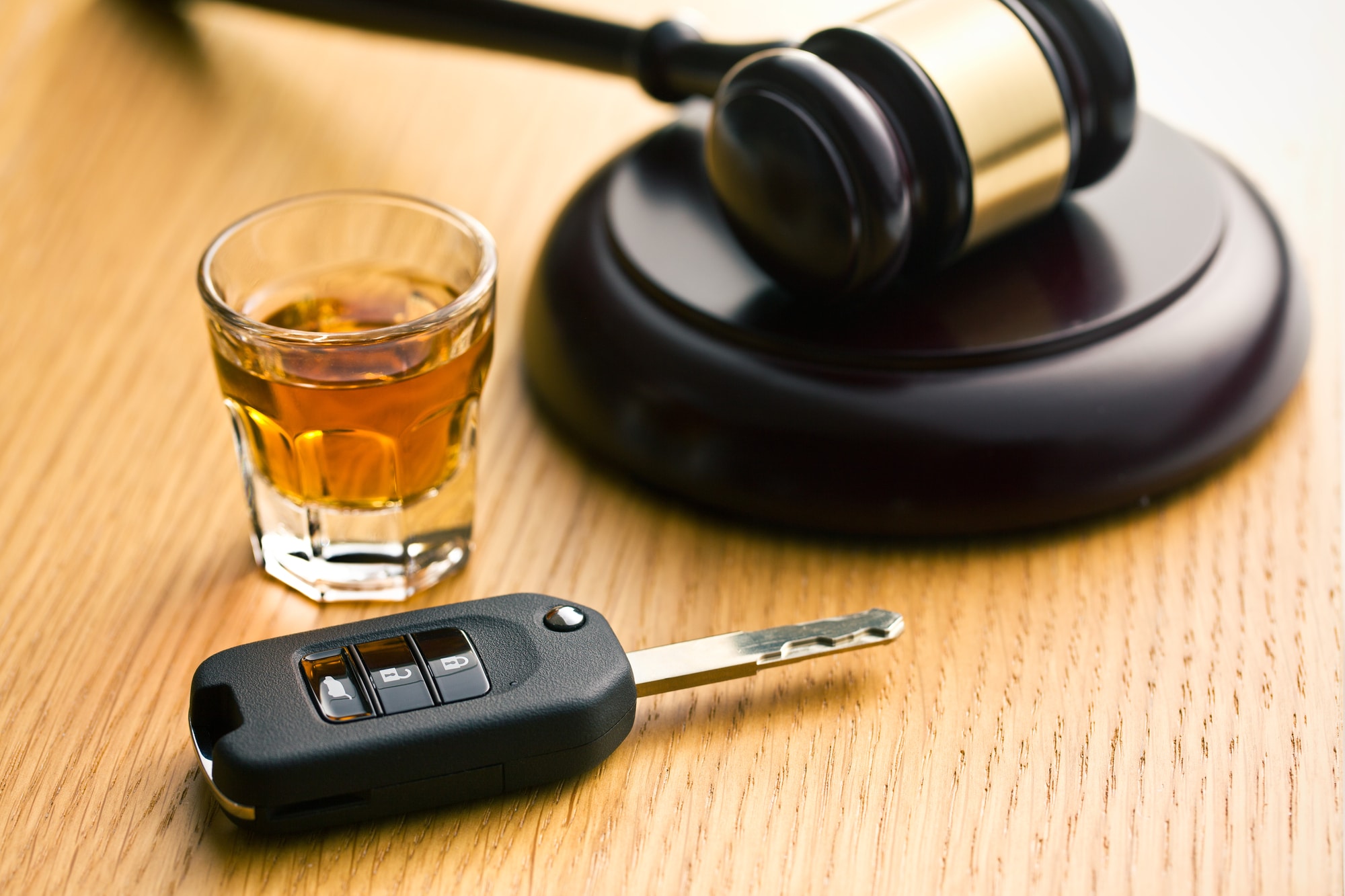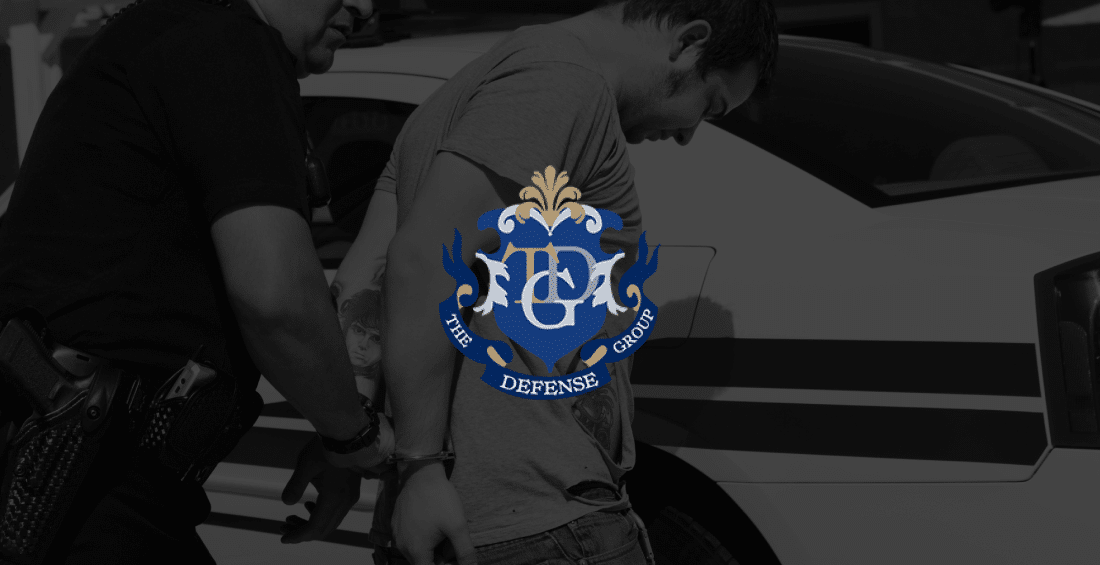Since the Sunshine State is full of tourists, travelers, and new residents, it presents endless opportunities for theft and dealing in stolen goods. The state of Florida has strict laws about theft and dealing in stolen property, and it’s possible to find yourself on the wrong side of them without intending to. To avoid a difficult situation—or get out of one—it’s essential to understand how Florida law defines theft and the knowledge of stolen property, which isn’t always straightforward.
The Law on Theft and Stolen Goods
Like other states, Florida law recognizes two categories of theft: grand and petit. Generally speaking, grand theft involves stolen property worth over $750, and it is a felony. Petit theft, involving property of lesser value, is a misdemeanor. But Florida law also includes a broader list of items and circumstances under the umbrella of grand theft, despite any property value involved, in order to protect the public.
Grand theft in Florida includes:
- Many specific items, such as wills, firearms, and stop signs, that are particularly important to public safety and law enforcement
- Theft of property worth $300 or more from a person of 65 or older
- heft of property worth over $100 from someone’s home or land
See Fla. Stat. § 812.014 (2023); you can also consult our article about grand and petit theft in Florida.
State law also extensively defines “dealing in stolen property,” which can include simply buying or selling something that someone “knows or should know was stolen.” How should someone know that the property was stolen? The law specifies several circumstances that are taken as evidence of knowledge of the nature of the property:
- Failure to return leased property within 72 hours
- Being in possession of property “recently stolen”
- Buying or selling property at a price that’s too good—”substantially below the fair market value”
- Being in possession of a stolen motor vehicle with a bypassed or broken ignition or steering wheel lock
See § 812.022. These “give rise to an inference” of theft, a legal presumption that the items were stolen. Dealing in stolen property is a felony of the second degree, which carries a possible sentence of up to fifteen years and a fine of up to $10,000.
Regular dealers in used property have further responsibilities. If a dealer buys property—
- Outside of their ordinary course of business
- Without the usual proofs of ownership
- Displaying the name and number of a different party than the person who offered it for sale
—then they must take specific steps to attempt to verify the property’s ownership. Otherwise, they will be presumed to have knowingly accepted stolen property.
Nonetheless, the law also states that all these circumstances only give rise to an inference of theft “unless [they are] satisfactorily explained.” Explaining, defining, and challenging the circumstances of a charge is what defense attorneys do.
Examining a Charge of Theft or Dealing in Stolen Property
The charges and penalties depend entirely on the items stolen and the circumstances surrounding their theft and possession. A defense attorney will review the situation and ask if each element of the crime truly applies to the facts at hand. If it does not, then the charges may have to be reduced or thrown out altogether.
Was a Crime Committed?
If the defendant can give a satisfactory explanation of their possession of the property, then the law cannot presume that they stole it or committed a crime in dealing with it.
By law, someone who commits theft “knowingly obtains or uses, or endeavors to obtain or to use, the property of another …” See Fla. Stat. § 812.014. Did the defendant actually, knowingly try to obtain someone else’s property? If they genuinely thought that the property was their own, they did not knowingly steal it. And if they believed they had consent to borrow the property, they did not knowingly commit a theft.
Was the defendant actually in possession of the property? If the stolen property was found in a place not under the defendant’s exclusive control, like a shared dwelling, then there should be no inference that the property was in their possession.
Was the property actually “recently stolen”? This needs to be investigated and challenged, if possible. A court may agree that property was not “recently” stolen if as little as six months have passed.
Grand or Petit Theft?
The difference between an item worth $750 or $700 may be the difference between a felony and a misdemeanor. An attorney may be able to challenge the value or identity of the item and whether it truly gives rise to a charge of grand theft.
Inadmissible Evidence
Even before examining the elements of the theft case, an attorney will review the arrest and seizure to determine if it was lawful. A lawful arrest requires an officer to believe that a crime had been committed and that the person they stopped committed it—this is called probable cause. And if the property was found during a search, did they have the right to conduct that search? When an officer conducts an illegal arrest or search, the evidence must be suppressed.
Defending Your Future
At the Defense Group, our Orange County criminal defense attorneys can help you fight charges and harsh sentencing for theft, burglary, or dealing in stolen property in Florida. We can talk to you at night or on weekends if you need us. Call us today at (407) 743-8430 to schedule your free case review.











